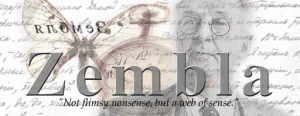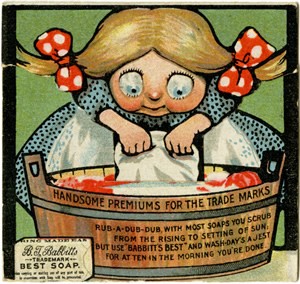This post was written by Brandy Karl, Copyright Officer, Penn State University Libraries, as part of Fair Use Week 2015.
The William Dorsey Scrapbook collection, owned by Cheyney University of Pennsylvania, is a series of organized clippings from newspapers and other sources, meticulously collected and arranged by William Dorsey, a prominent African American artist in 19th century Philadelphia. His scrapbooks chronicled everything from art to crime, but give particular insight into contemporary black life of that era. W. E. B. DuBois’ book The Philadelphia Negro: A Social Study was based in part on the material found in the Dorsey Scrapbooks.






